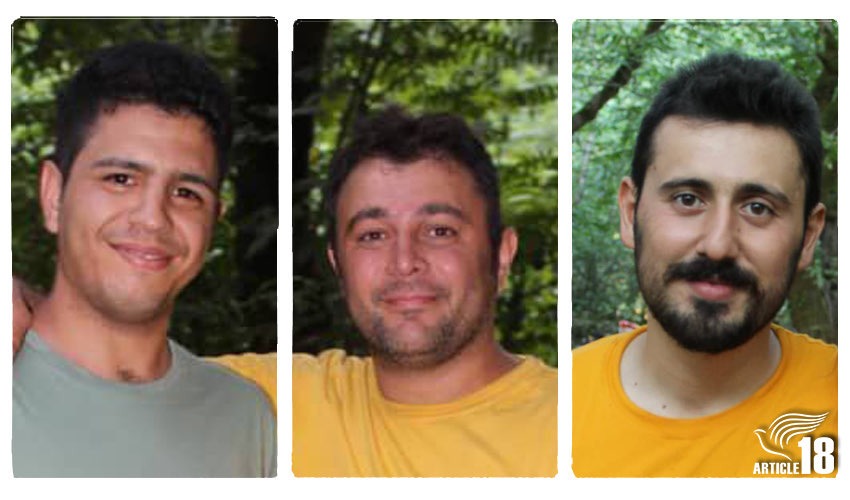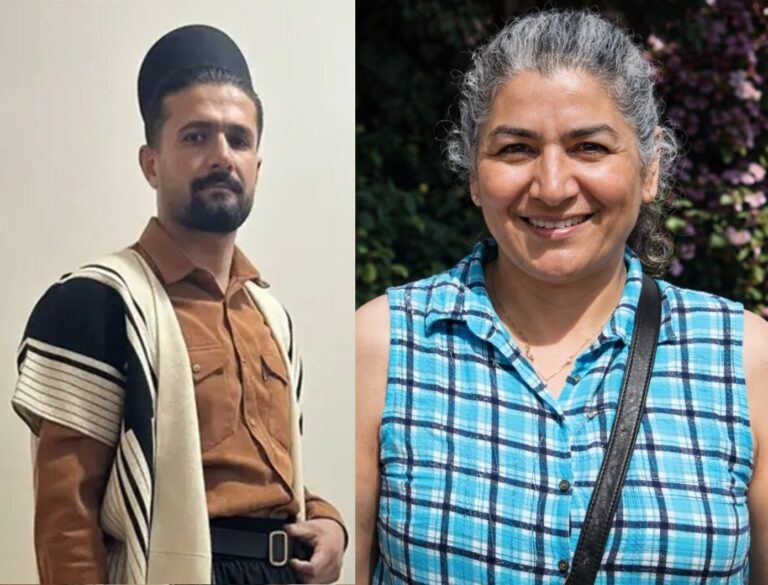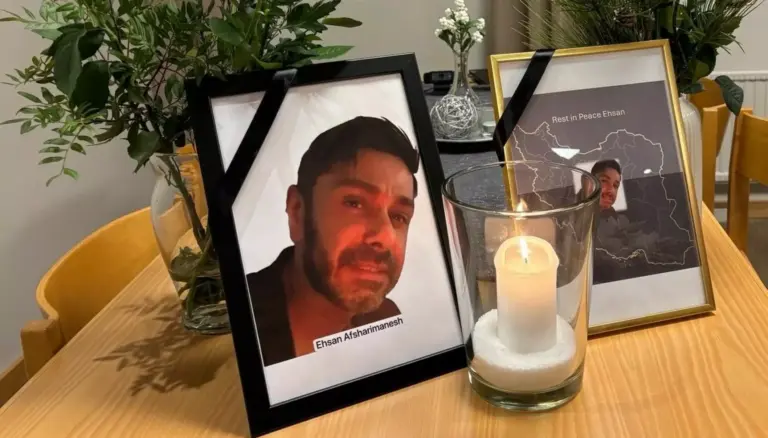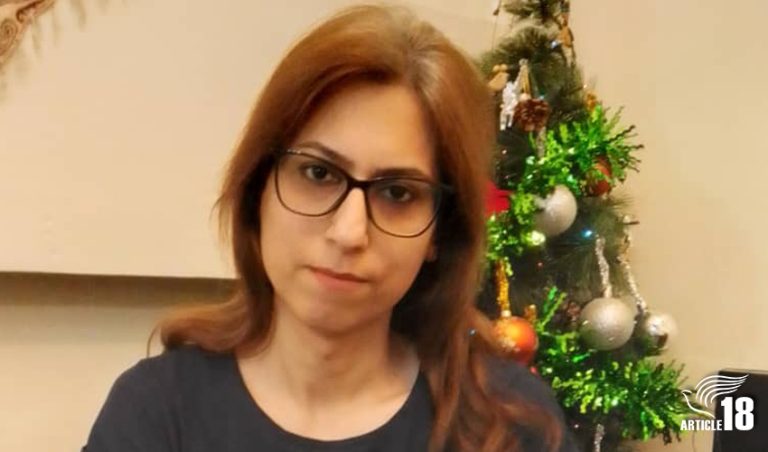
Three house-church members who have been held for over a month in solitary confinement have now been informed that their appeals against five-year prison sentences have been rejected.
Ahmad Sarparast, Morteza Mashoodkari, and Ayoob Poor-Rezazadeh, all members of the “Church of Iran” in Rasht, were re-arrested early last month, despite already facing imprisonment for “engaging in propaganda and education of deviant beliefs contrary to the holy Sharia”, under the amended Article 500 of the penal code.
Now their lawyer, Iman Soleimani, has confirmed that the trio’s appeals have been flatly rejected, commenting: “No attention was paid to the defence, or to the fact that these clients, with no criminal records and young families, were re-arrested before the outcome of their appeal, without committing a crime, and are currently being held in solitary confinement.”
Ahmad, Ayoob and Morteza are currently in the hands of intelligence agents of the Iranian Revolutionary Guard Corps (IRGC), who were responsible for their re-arrest.
Article18 understands the three men were told that the reason for their re-arrest was that they had continued their religious activities, and therefore had been brought to “consider their actions in private”.
“Inquisition” into a person’s beliefs is prohibited by the Iranian constitution, and just last week Iran’s “High Council for Human Rights” claimed “no one is prosecuted in Iran for merely holding an opinion or belonging to a particular class or group”.
However, dozens of Christian converts have testified that following their arrests it was their beliefs that were called into question during subsequent interrogations, while these beliefs often also form the basis of official charges, as in Ahmad, Ayoob and Morteza’s case.



0 Comments
Trackbacks/Pingbacks